Residence requirements for naturalization
Dual citizenship arises when an individual holds two or more citizenships simultaneously. Citizenship laws vary from country to country and therefore depend upon each country whether dual citizenship is allowed, restricted, or prohibited.
There are diverse causes and instances under which a person may hold dual or multiple citizenships, the most typical being by birth, descent, marriage, adoption, naturalization, citizenship by investment programs, or on the grounds of an international treaty.
The map below shows the duration of legal residence before a national of a foreign state, without any cultural, historical, or marriage ties or connections to the state in question, can request citizenship under that state’s naturalization laws (year).
The maps below were created by Reddit user JoeFalchetto using the Dual Citizenship Report.
Residence requirements for naturalization worldwide
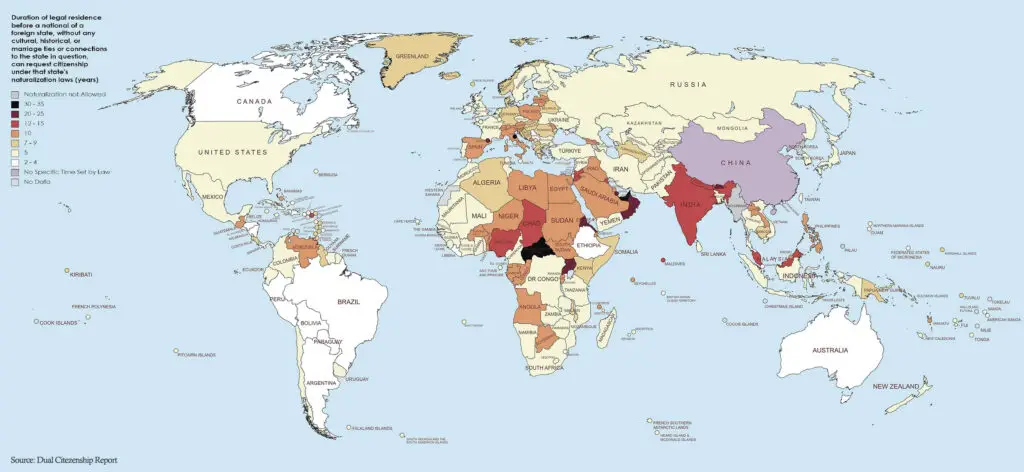
Residence requirements for naturalization in Europe

The data presented on the map are relevant only for people with no origin, familial, ethnic, or other connections to the European country. For instance, Iberoamericans, Andorrans, Portuguese, Equatorial Guinea, or Pinoys only require two years of residency to request Spanish citizenship.




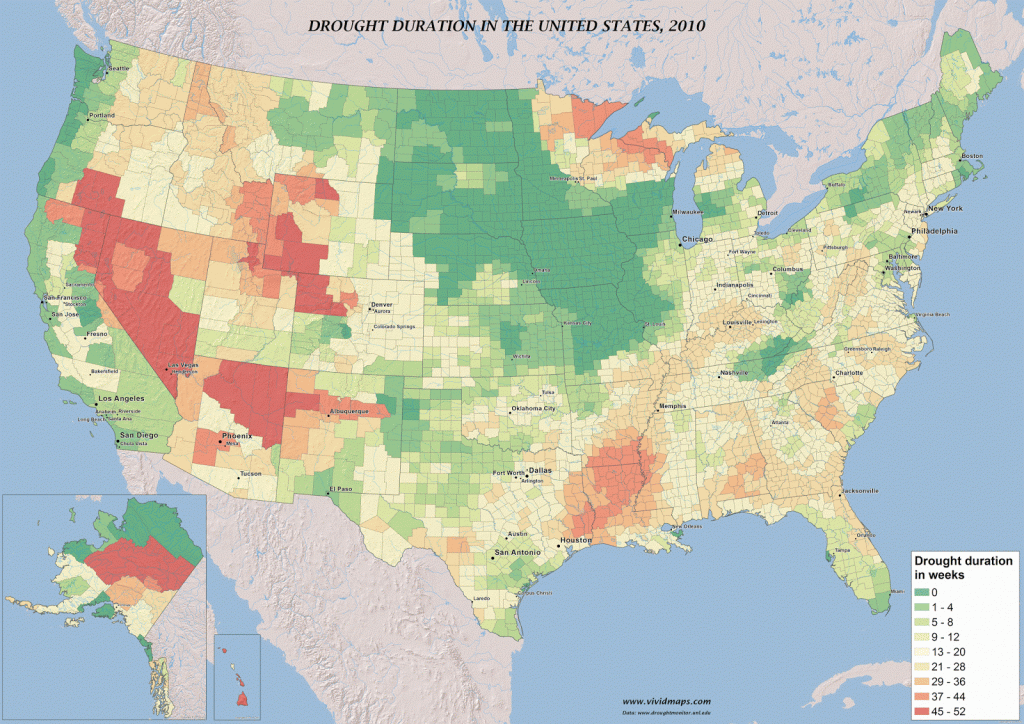
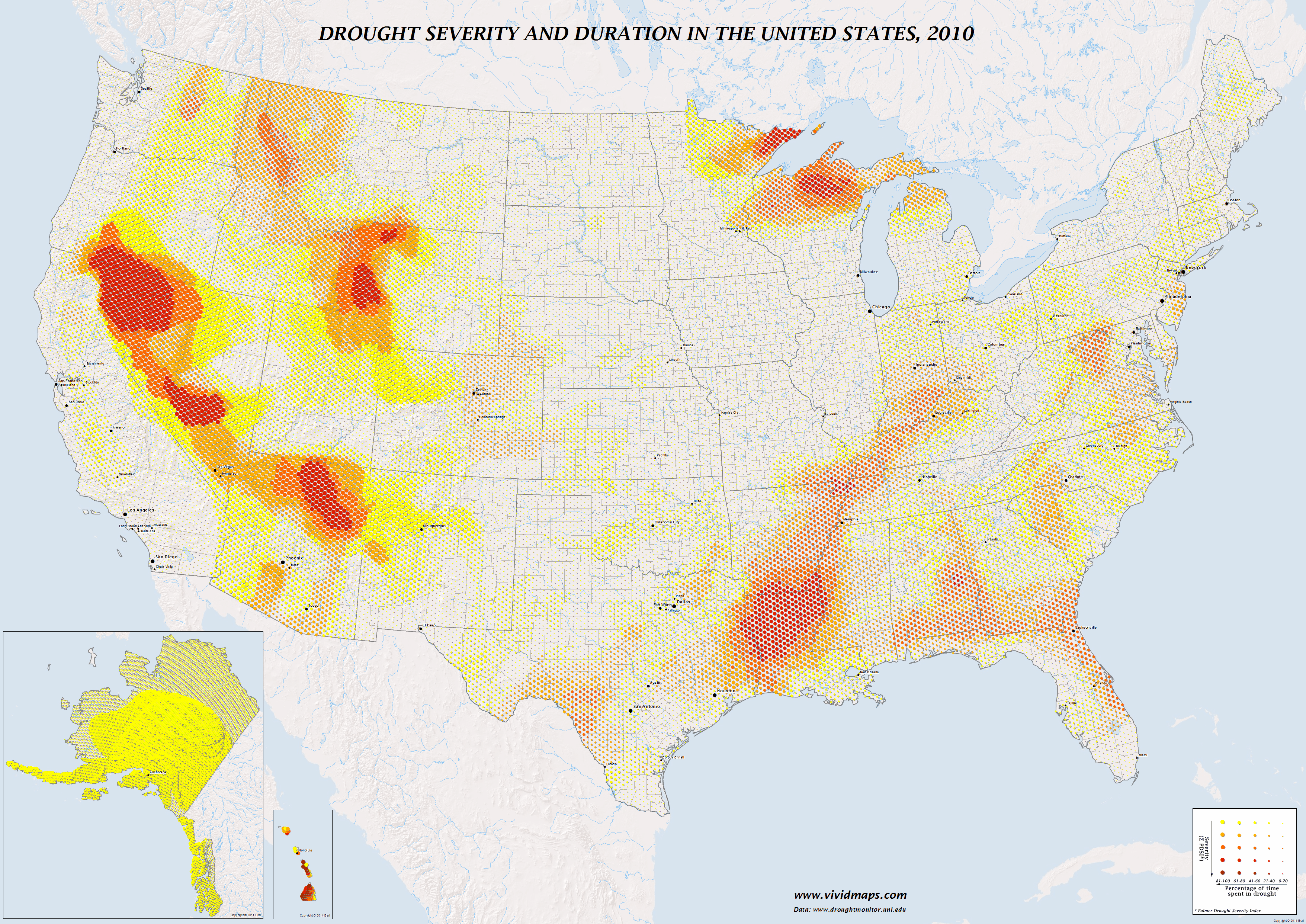
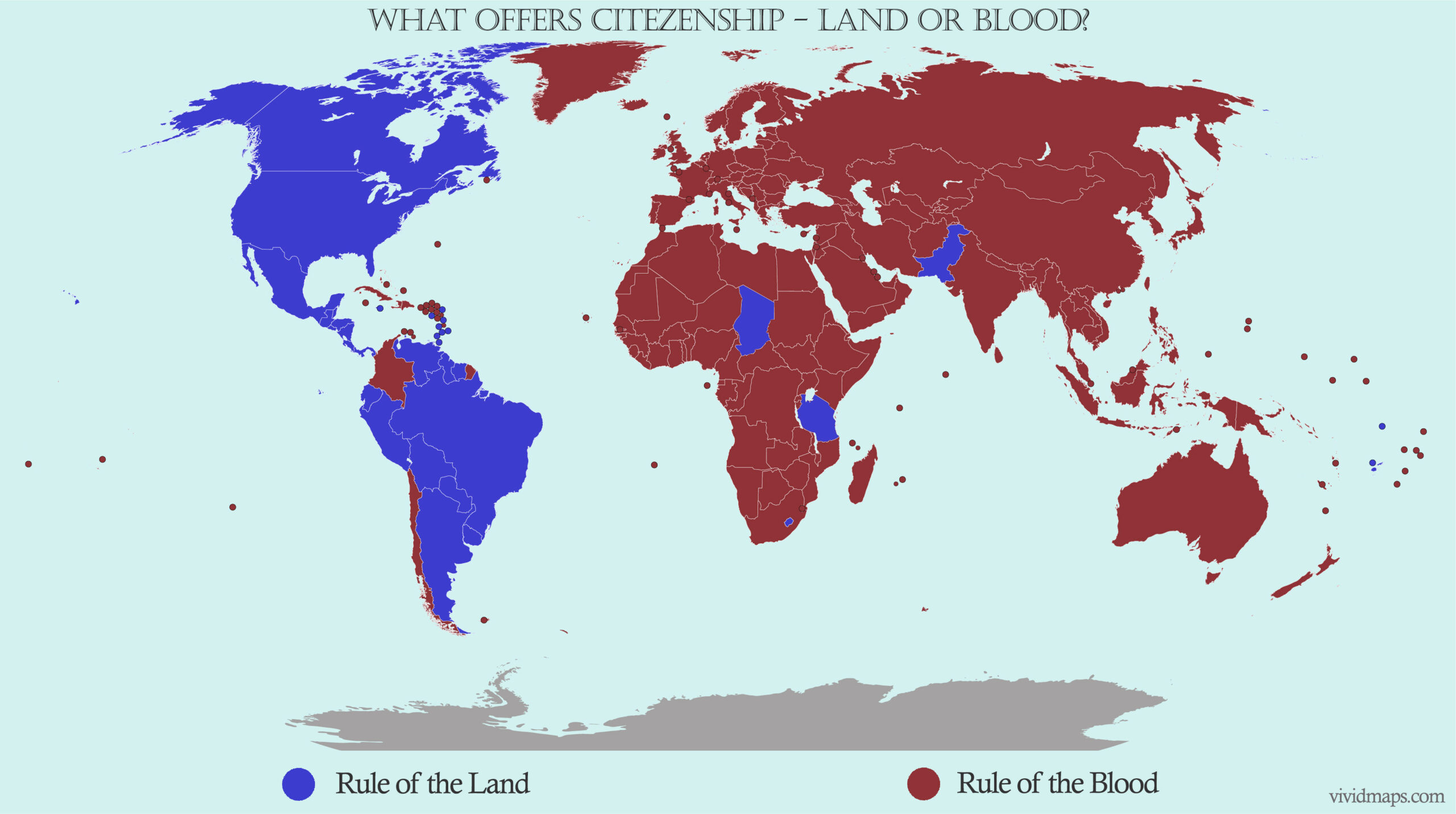
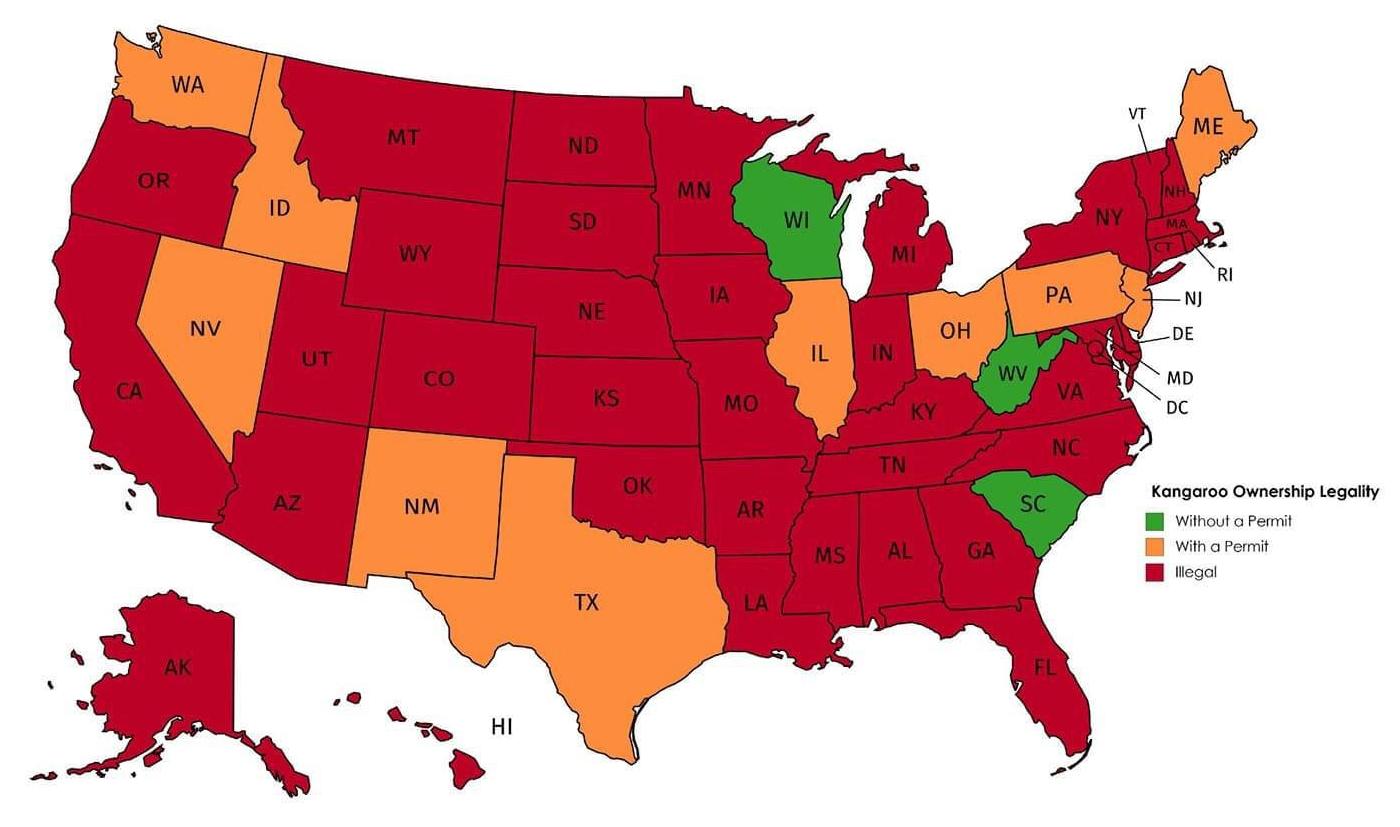

Poor colour coding does not make it nearlyt evidently clear how unique Serbia, Armenia and Israel are in their mere 3 years residence requirement, in their 5 year very pale ochre surroundings